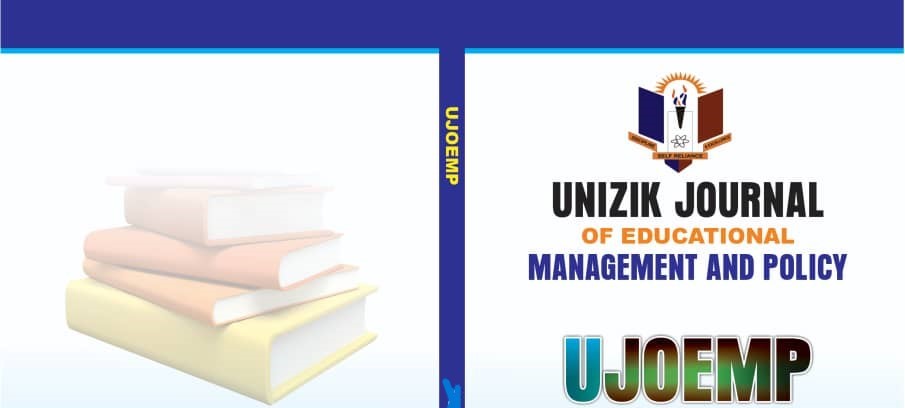COMPARING PRINCIPALS’ CRISIS MANAGEMENT STRATEGIES THROUGH THE LENS OF ARBITRATION AND DIALOGUE IN PUBLIC AND PRIVATE SECONDARY SCHOOLS IN ANAMBRA STATE
Keywords:
Principals’ Crisis Management Strategies, Arbitration, Dialogue, Public and Private SchoolsAbstract
This study comparatively analyzed crisis management strategies of public and private secondary schools in Anambra State. Two research questions guided the study while two null hypotheses were tested. The study adopted causal comparative research design. The study was carried out in Anambra State. The population of this study comprises all the 561 principals; 263 principals in the public secondary schools and 298 principals in the private secondary schools. The entire population of 561 principals in both public and private secondary schools in Anambra State was used for this study as the sample size. The researcher considered the size manageable; therefore, there was no sampling technique for the study. Data for this study was collected using validated structured questionnaire titled “Crisis Management Strategies” (QPCMS). Cronbach Alpha to measure the internal consistency of the instrument and reliability co-efficient of 0.83 was obtained. Data collected were analyzed using descriptive statistics of mean and standard deviation to answer the research questions while t-test of independence was used to test the research questions at 0.05 alpha level. The findings among others revealed that principals in public and private secondary schools in Anambra State agreed on arbitration and dialogue as effective crisis management strategies. Accordingly it was recommended amongst others that school administration in Anambra State should try to find out the root cause of conflicts in public secondary schools and involve all the education stakeholders in the school in order to enhance discipline for effective conflict management strategies to be put in place.




